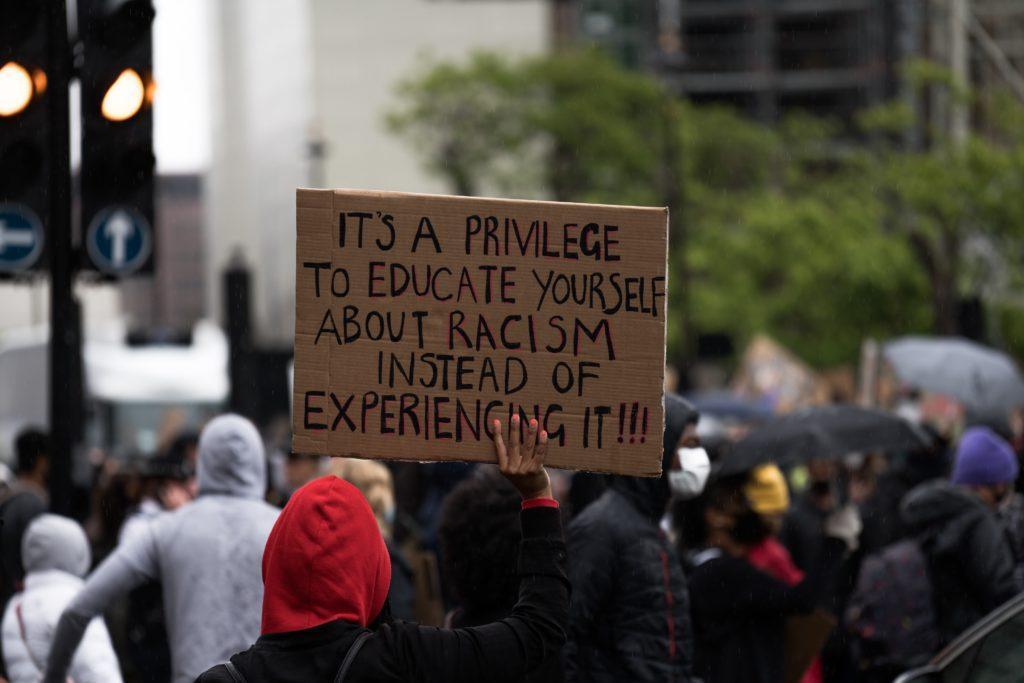States With Social Equity Programs That Strive to Get Black Entrepreneurs Involved In Cannabis
It’s no secret that the cannabis industry is not very diverse. Our country’s long involvement with the War on Drugs is rooted in racism and it shows in the modern, legal cannabis industry we see today. While states like Washington have booming cannabis industries that create jobs and generate income for the state, the Last Prisoner Project reports that 15.7 million people have been arrested for cannabis offenses over the last two decades. Some states have social equity programs to try to help communities most harmed by the impacts of the War on Drugs get a foothold in the legal cannabis industry.

February 23, 2024
So which states are looking to help Black people and other communities most harmed by cannabis prohibition get involved in the legal industry? We’ll explore.
What is a social equity program?
Specifics vary from program to program, but in general, a social equity program is designed to promote opportunities for equitable ownership and employment for marginalized communities in the legal cannabis industry.
Though specifics vary from state to state, we will use Washington’s new program as an example of social equity requirements.
“Lived in a disproportionately impacted area in Washington state for a minimum of five years between 1980 and 2010;
- Has been arrested or convicted of a cannabis offense or has a family member who has been arrested or convicted of a cannabis offense;
- Had a household income that was less than the median household income within the state of Washington as calculated by the United States census bureau; or
- Is both a socially and economically disadvantaged individual as defined by the office of minority and women’s business enterprises under chapter 39.19 RCW.
Qualifying as a social equity applicant does not guarantee you will be processed to receive a Social Equity license.”
It’s important to keep in mind that last note–just because someone qualifies as a social equity applicant doesn’t mean that they will be awarded a license.
Still, these rules allow people most affected by the War on Drugs to potentially get a foothold in this largely white industry.
Washington’s New Social Equity Program
Despite being one of the first to legalize recreational cannabis, Washington did not have a social equity program until very recently. In fact, the last time we wrote about Black history, the War on Drugs, and the future of racial equity in cannabis, a social equity program for the state was just in its beginning stages.
A bill introduced in 2020 aimed to repair the fact that since legalization in 2012, fewer than 1% of the state’s cannabis licenses went to African-American owned businesses.
The bill stated, “creating a social equity program will further an equitable cannabis industry by promoting business ownership among individuals who have resided in areas of high poverty and high enforcement of cannabis-related laws. The social equity program should offer, among other things, financial and technical assistance and license application benefits to individuals most directly and 5 adversely impacted by the enforcement of cannabis-related laws who are interested in starting cannabis business enterprises.”
So where are we four years later?
The legislature passed Senate Bill 5080 in 2023. This increased the number of available cannabis retail licenses and allowed the new social equity program to include a limited number of producer and processor licenses.
Washington Governor Jay Inslee signed a measure into law allowing 52 more dispensaries to open between 2024 and 2032. This is huge news for minority entrepreneurs who were looking to enter the industry as the state previously had a cap on licenses since 2016. Additionally, the new measure allowed for ten more available licenses for growing cannabis and 100 new licenses for cannabis processors–both of which were not available since 2013.
Thanks to this new law, we hope to see a more diversified Washington cannabis industry.
Social equity programs in other states
People from communities most impacted by cannabis prohibition may have a path forward in other states, too. The following states all have cannabis social equity programs. Each has slightly varying rules and requirements.
Arizona, California, Colorado, Connecticut, Delaware, Illinois, Massachusetts, Maryland, Michigan, Nevada, New Jersey, New Mexico, New York, Oregon, Rhode Island, Vermont, and Virginia.
Some of these states have already filled their allotted licenses, whereas others are just getting started. If you’re in one of these states or interested in moving to start a cannabis business, be sure to look into the specific rules and make sure the state you’re interested in allows out-of-state applicants. The rules and regulations can get complicated, so it’s a good idea to speak with an expert in that specific state’s laws.
Celebrating Black History
We hope to see a more diverse cannabis industry in the future with the help of Washington’s new cannabis laws. In the meantime, we can celebrate successful Black professionals who are making an impact on the cannabis industry.
Check out this previously published list of Black entrepreneurs, advocates, and key cannabis industry players. We have also compiled a list of Black-owned cannabusinesses to support.
Keep an eye out for future updates!
Stock up with Piece of Mind Cannabis
Need weed? Stop by our Spokane dispensaries, Bellingham weed store, and other Washington dispensary locations to get great deals on the best weed around.
Piece of Mind Cannabis is a medical marijuana and recreational Cannabis dispensary with locations in North Spokane, South Spokane, Bellingham, and Pullman, Washington.
Follow us on Instagram, Facebook, or Twitter.